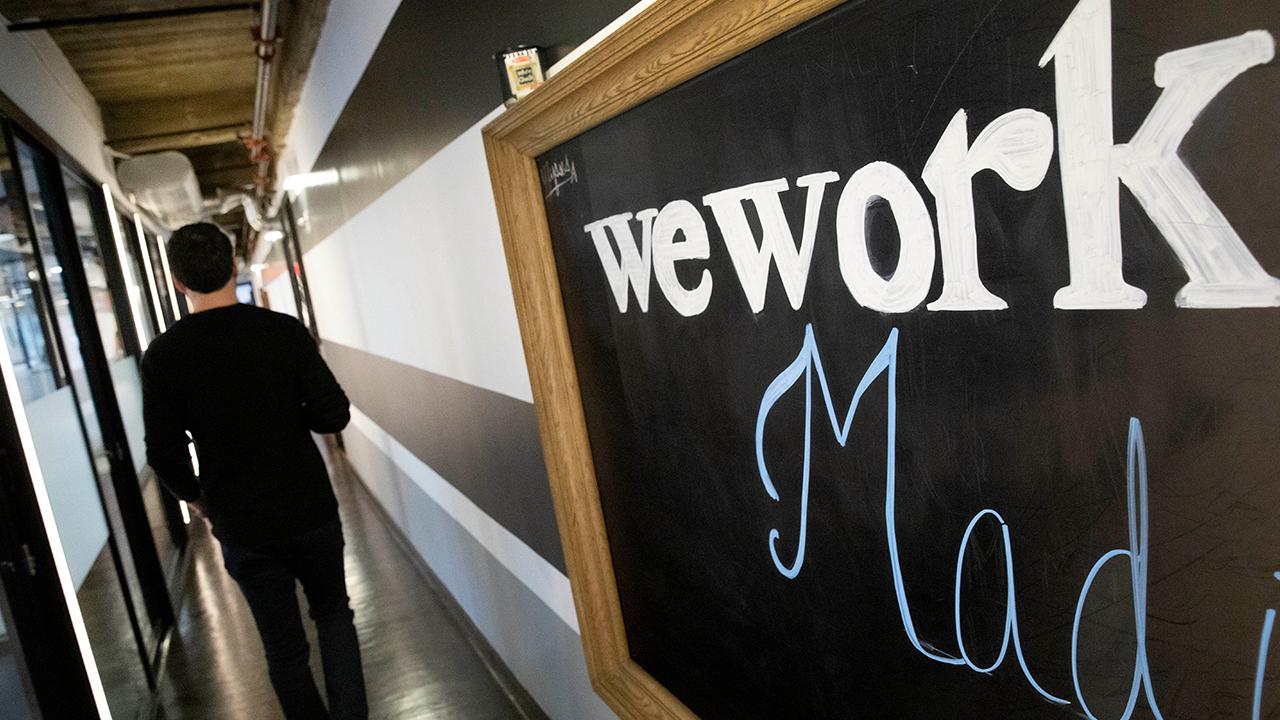WeWork competitor makes big move in the wake of rival’s failed IPO
But some analysts have concerns
In the wake of embattled shared-workspace provider WeWork’s failed initial public offering, China-based competitor Ucommune has filed its own IPO in the United States.
The flexible office space startup, nicknamed UrWork, raised a whopping $200 million in its last round of funding at a valuation nearing $3 billion, according to a report in the Wall Street Journal, which also stated that the company could go public as soon as January.
But some analysts have concerns about its planned New York Stock Exchange debut.
UrWork’s strategy to become profitable, for starters, is eerily similar to WeWork’s before its flopped IPO attempt. In its filing with the Securities and Exchange Commission, UrWork states: “Once a space reaches maturity, occupancy is generally stable, our initial investment in build-out and sales and marketing to drive member acquisition is complete and the space typically generates a recurring stream of revenue and cash flows.”
WeWork’s note had a nearly-identical sentence, but it said “space” instead of “location.”
Secondly, while former WeWork Chief Executive Officer Adam Neumann faced heat for leasing his own properties through the company, UrWork’s filing shows it has leases on six spaces owned by an affiliate of Mao Daqing, the firm’s founder and chief executive officer.
Some investors, including Citibank and Credit Suisse, have already dropped out of the public offering on concerns the valuation is too advantageous, Reuters reported.
WEWORK FACING LAYOFFS NOW HAS NEW YORK STATE ASKING QUESTIONS
As well, UrWork’s co-working branch generated less than half of its total revenue in the first three quarters of 2019: $58 million in co-working revenue versus $49 million in leasing costs and other operating expenses, according to an analysis from TechCrunch.
CLICK HERE TO GET FOX BUSINESS ON THE GO
There is a bright side, though. In the first three quarters of 2018, the company’s revenue surged from 282 million yuan to 874 million yuan during the same period this year.





















